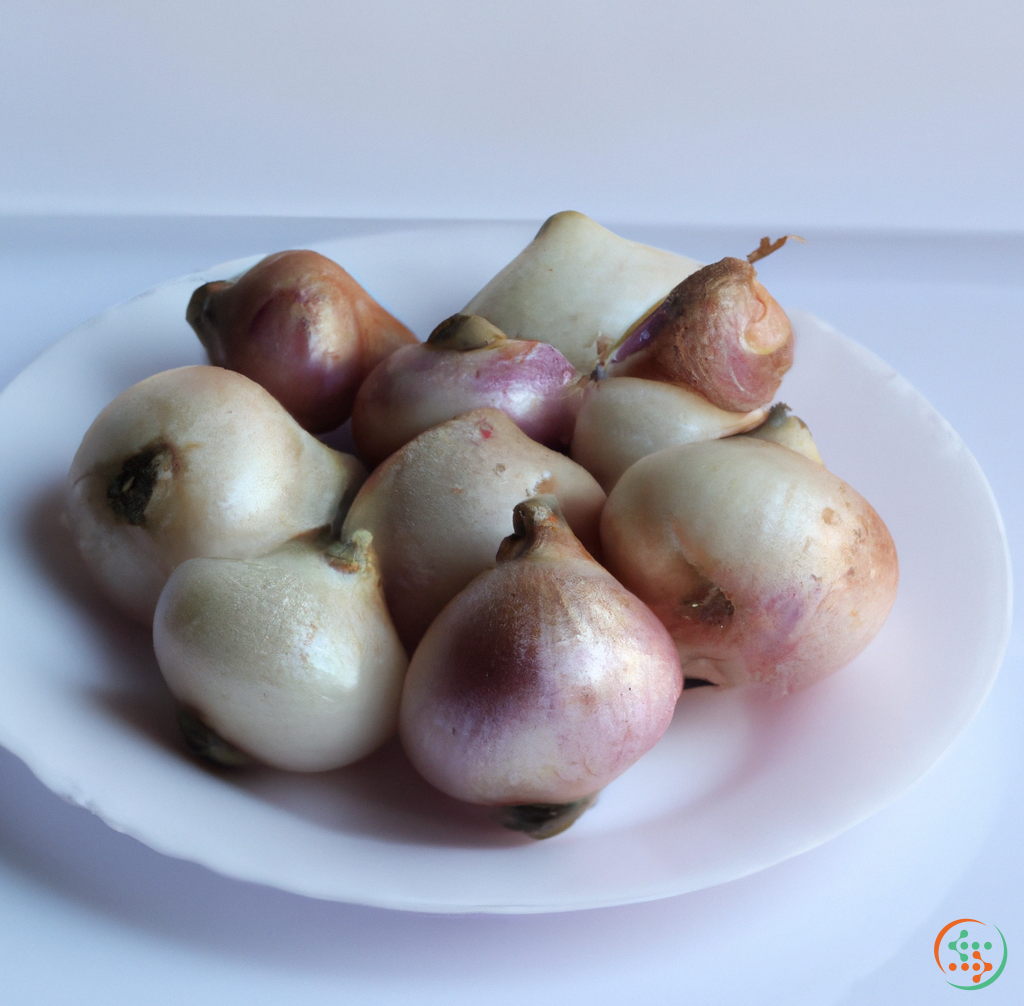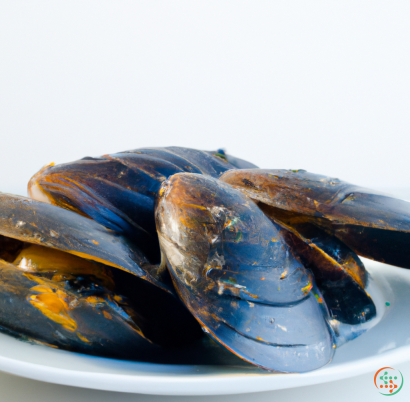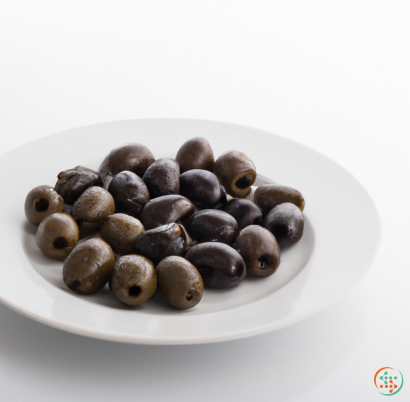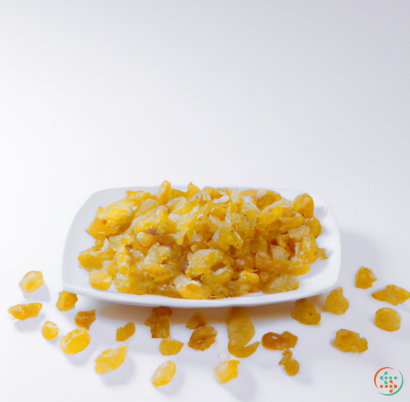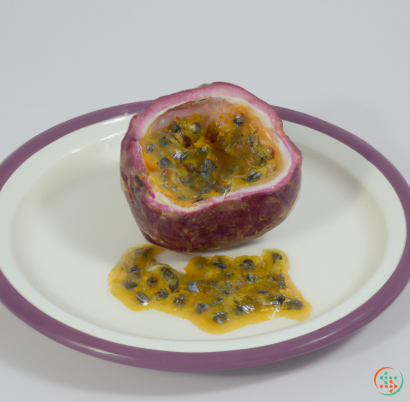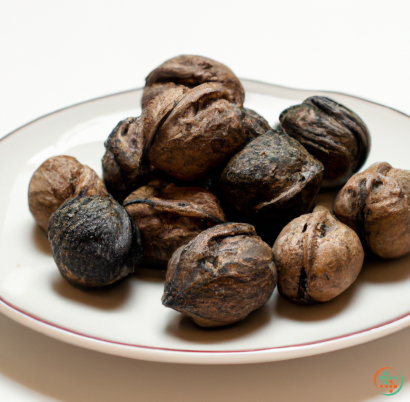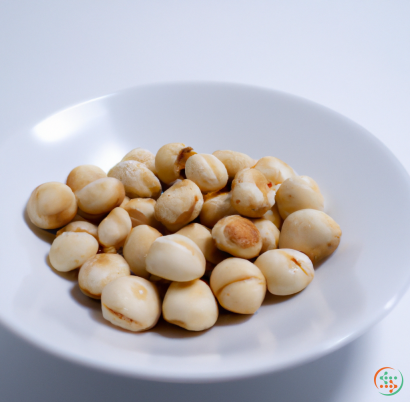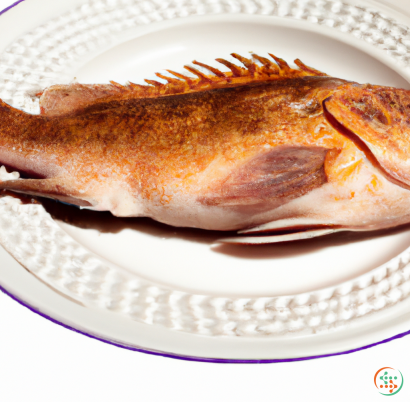Onions
Onions (Allium cepa) might not be the most glamorous of vegetables, but they’re certainly one of the most useful. They’re an indispensable part of any kitchen, and can provide both a culinary foundation and a flavorful punch to countless dishes. Onions are members of the Allium family, alongside other staples like garlic, chives, and leeks. They’re easy to grow, and propagated all over the world in a wide variety of shapes, sizes, colors, and flavors.
Onions are available in a variety of forms including white, red, yellow, and even sweet varieties; however, the most common type are the white salad onion, also known as the bulb onion. They’re characterized by their thin, papery, white skin and unmistakably pungent odor. These onions are usually fairly small in size, but can be harvested in both sizes, depending on when they are picked.
Onions are a nutrient-dense food, offering a wide range of vitamins, minerals, and other health benefits. The high vitamin C content of onions is particularly beneficial, as it helps keep the body strong and healthy. They also contain high levels of chromium, which has been linked to lower risk of diabetes and heart disease, as well as regulating blood sugar levels. The high levels of flavonoids in onions act as antioxidants and help reduce inflammation in the body.
Onions have a wide variety of culinary uses as well. They can be eaten raw, grilled, sautéed, or caramelized to form a sweet and flavorful topping over seafood, pizza, burgers, or salads. They can be added to soups and stews for extra flavor or used as a crunchy garnish for sandwiches. Onions can also be used in pickling and canning to help preserve other foods for longer periods of time.
In addition to their culinary uses, onions are frequently used in herbal and folk medicines for various ailments. Onion’s strong anti-inflammatory and antibacterial properties make them useful for treating earaches and migraines, as well as promoting wound healing. Additionally, a solution of onion juice can be used to soothe the itching, pain, and swelling associated with insect bites and stings. Furthermore, some studies suggest that regular consumption of onions can help reduce the risk of certain types of cancers.
When shopping for onions, be sure to choose the ones that are heavy for their size. Avoid onions that have spots, mold, bruise, or are soft as this indicates that they have gone bad. It’s best to store onions in a cool, dark place, away from direct sunlight and heat. To prevent spoilage, keep onions separated from other fruits and vegetables. Lastly, once you’ve cut an onion, store it in a tightly sealed container or in the refrigerator to maintain its freshness.
An onion is an essential ingredient in any kitchen, adding substantial flavor and nutrition to many different dishes. They’re surprisingly versatile and a great way to easily add some zing to your meals! Don’t be afraid to experiment, as there’s sure to be an onion-centric dish out there to suit any taste.
The Journey From Onions to Dinner Plate: How Perishable Produce Becomes the Centerpiece of a Meal
Most of us take food for granted. We go to the store, grab a few items, and add them to our dinner plate without giving any thought to how they got there. However, when we look at the complex journey an item like onions takes before making its way onto our dinner plate, it’s a marvel that it even arrives. From the farmer who grows it to the warehouses and storage areas that protect it, to the grocery store and finally, your home, the journey of produce is an intricate process. In this article, we will discuss how an onion goes from the farm to your dinner plate.
The Growing Process
Onions are a type of bulb crop, which means they grow underground. They are grown on farms all across the world, in climates ranging from warm temperate to cold temperate, from temperate humid to temperate dry. Depending on the climate, the species of onion chosen, and the individual farm, the growing process for onions can vary greatly. Generally, it begins with the farmer tilling the soil and preparing it for seeds or seedlings to be planted. This process is called land preparation. Depending on the size of the farm, tilling can take anywhere from a few hours to days. After tilling the terrain, the farmer will then plant the seeds or seedlings. Onions can be either direct seeded or transplanted. Direct seeding is when seeds are planted in the ground, while transplanting involves planting already-germinated seedlings. Transplanted seedlings require more time and money, so depending on the farmer’s budget and time restrictions, either method may be used.
After planting, the onions enter their vegetative growth stage- the leafy stage. During this time, the farmer must carefully tend to his onions by providing the proper amount of water, nutrients and pest control. This process of tending to the crop is called crop husbandry. When the onions enter the reproductive growth stage-where they form a bulb- they must still be tended to and monitored carefully. This stage is crucial, because if conditions are not optimal, the onions may fail to form a bulb and will be ruined. After the onions have been harvested, they enter the post-harvest stage. At this point, the onions must be transported to a drying shed where they can be dried and stored.
Life in Transit
The next stage of the onion’s journey is its transport. Onions are considered a perishable crop, meaning they must be handled and stored carefully in order to maintain their freshness and quality. In the US, most onions are shipped in trucks to the nearest packing shed. The packing shed inspects the onions for any imperfections prior to packing. The packing involves sorting, grading and packing the onions. The onions are then loaded onto trucks, where they will begin their long journey to the grocery store.
The role of Storage and Warehouses
Due to their perishable nature, onions must be stored and transported at specific temperatures and conditions in order to preserve their freshness and quality. That’s why warehouses and storage areas play a critical role in this process. When the truck carrying the onions reaches the warehouse, the onions are put into a climate-controlled environment. This environment needs to be tailored to prevent the onions from spoiling. The warehouse staff must ensure that the storage area is constantly monitored and secure. They must also ensure that temperature, humidity, and oxygen levels are all maintained at the proper levels.
From there, the onions are loaded onto a refrigerated truck and shipped to the grocery store. Thanks to modern technology, this process is generally much faster and more efficient than in the past. Once the truck reaches its destination, the grocery store’s staff must unload and stock the onions in the store.
Making it to the Dinner Table
Once the onions have made it to the grocery store, they are ready to be selected by customers and prepared for meals. In the case of onions, they can be stored in the refrigerator if necessary, or simply left out in the pantry or kitchen. Then, when an onion is chosen for a meal, the cook can peel it, chop it, and add it to a dish or recipe. The final dish is then served to the table, and the onion’s long and complex journey is complete.
Conclusion
Onions may seem like a simple ingredient, but they actually take a complex journey from the farm to the dinner plate. From the farmer who plants them to the warehouse who stores them to the store who sells them, and finally, the cook who prepares them for dinner, the path onions take can be amazing. Understanding the process will help us appreciate this food even more, and allow us to be conscious consumers, protecting our food supply from damage and waste.
| Beta-Carotene | 0.001 mg | |
| Vitamin E | 0.02 mg | |
| Vitamin K | 0.4 ug | |
| Vitamin C | 0.0074 grams | |
| Vitamin B1 | 0.05 mg | |
| Vitamin B2 | 0.03 mg | |
| Vitamin B3 | 0.12 mg | |
| Vitamin B4 | 0.0061 grams | |
| Vitamin B5 | 0.12 mg | |
| Vitamin B6 | 0.12 mg | |
| Vitamin B9 | 0.019 mg |
| Calcium | 0.023 grams |
Daily Value 1.3 g
|
| Iron | 0.21 mg |
Daily Value 0.018 g
|
| Magnesium | 0.01 grams |
Daily Value 0.4 g
|
| Phosphorus | 0.029 grams |
Daily Value 1.25 g
|
| Potassium | 0.146 grams |
Daily Value 4.7 g
|
| Sodium | 0.004 grams |
Daily Value 2.3 g
|
| Zinc | 0.17 mg |
Daily Value 0.011 g
|
| Copper | 0.04 mg |
Daily Value 0.9 mg
|
| Manganese | 0.13 mg |
Daily Value 0.0023 g
|
| Selenium | 0.5 ug |
Daily Value 0.055 mg
|
| Fluoride | 0.0011 mg |
Daily Value 0.004 mg
|
| Tryptophan | 0.014 grams | |
| Threonine | 0.021 grams | |
| Isoleucine | 0.014 grams | |
| Leucine | 0.025 grams | |
| Lysine | 0.039 grams | |
| Methionine | 0.002 grams | |
| Cystine | 0.004 grams | |
| Phenylalanine | 0.025 grams | |
| Tyrosine | 0.014 grams | |
| Valine | 0.021 grams | |
| Arginine | 0.104 grams | |
| Histidine | 0.014 grams | |
| Alanine | 0.021 grams | |
| Aspartic Acid | 0.091 grams | |
| Glutamic Acid | 0.258 grams | |
| Glycine | 0.025 grams | |
| Proline | 0.012 grams | |
| Serine | 0.021 grams |
| Glucose | 1.97 grams |
|
| Fructose | 1.29 grams |
|
| Sucrose | 0.99 grams |
|
| Total Sugars | 4.2 grams |
per 100g
|
| Palmitic acid (16:0) | 0.03 grams |
|
| Total Saturated fatty acids: | 0.03 g | |
| Oleic acid (18:1) | 0.01 grams |
|
| Total Monounsaturated fatty acids: | 0.01 g | |
| Linoleic acid (18:2) | 0.01 grams |
|
| Total Polyunsaturated fatty acids: | 0.01 g | |
| Phytosterols | 0.02 grams |
|
| Total Sterols: | 0.02 g | |
